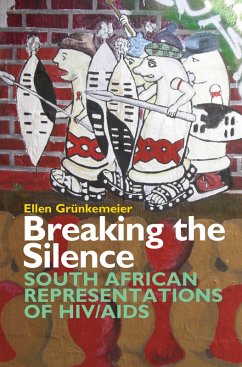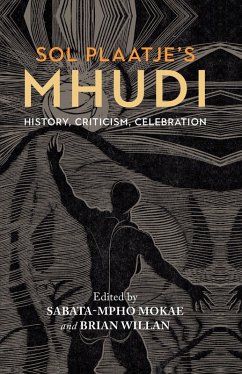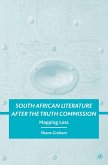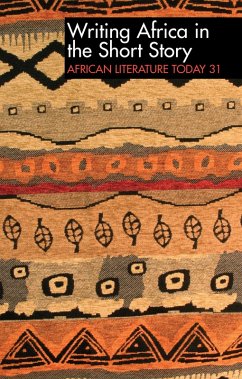Examines the South African HIV/AIDS epidemic through creative texts and the impact of these representations in determining which issues receive attention and how public understanding of the virus is shaped.
South Africa is one of the countries in the world most affected by HIV/AIDS, and yet, until recently, the epidemic was barely visible in South African literature. Much can be gained from approaching the South African epidemic through creative texts such as novels, photographs, films, cartoons and murals because they produce and circulate meanings of HIV/AIDS and its various facets such as its 'origin', 'transmission routes' and 'physical manifestations'. Other aspects explored are the denial of HIV/AIDS, its stigmatisation, discriminatory practices, modes of disclosure, access to anti-retroviral medication, as well as the role of alternative treatment.
Creative texts, which are open to different and possibly contradictory readings, can serve as a starting point to increase the cultural visibility of the virus and to challenge dominant ideas about the epidemic. The cultural constructions of HIV/AIDS should be carefully examined because the meanings are pervasive and have very 'real' consequences: they play a powerful role both in determining which issues receive attention and in shaping public understanding of the virus.
Ellen Grünkemeier is a lecturer and researcher in the English Department at Leibniz University of Hanover, Germany. Her publications include two co-edited volumes on postcolonial literatures and cultures, Listening to Africa. Anglophone African Literatures and Cultures (2012), and Postcolonial Studies across the Disciplines (ASNEL Papers 19, forthcoming).
South Africa is one of the countries in the world most affected by HIV/AIDS, and yet, until recently, the epidemic was barely visible in South African literature. Much can be gained from approaching the South African epidemic through creative texts such as novels, photographs, films, cartoons and murals because they produce and circulate meanings of HIV/AIDS and its various facets such as its 'origin', 'transmission routes' and 'physical manifestations'. Other aspects explored are the denial of HIV/AIDS, its stigmatisation, discriminatory practices, modes of disclosure, access to anti-retroviral medication, as well as the role of alternative treatment.
Creative texts, which are open to different and possibly contradictory readings, can serve as a starting point to increase the cultural visibility of the virus and to challenge dominant ideas about the epidemic. The cultural constructions of HIV/AIDS should be carefully examined because the meanings are pervasive and have very 'real' consequences: they play a powerful role both in determining which issues receive attention and in shaping public understanding of the virus.
Ellen Grünkemeier is a lecturer and researcher in the English Department at Leibniz University of Hanover, Germany. Her publications include two co-edited volumes on postcolonial literatures and cultures, Listening to Africa. Anglophone African Literatures and Cultures (2012), and Postcolonial Studies across the Disciplines (ASNEL Papers 19, forthcoming).
Dieser Download kann aus rechtlichen Gründen nur mit Rechnungsadresse in A, D ausgeliefert werden.









